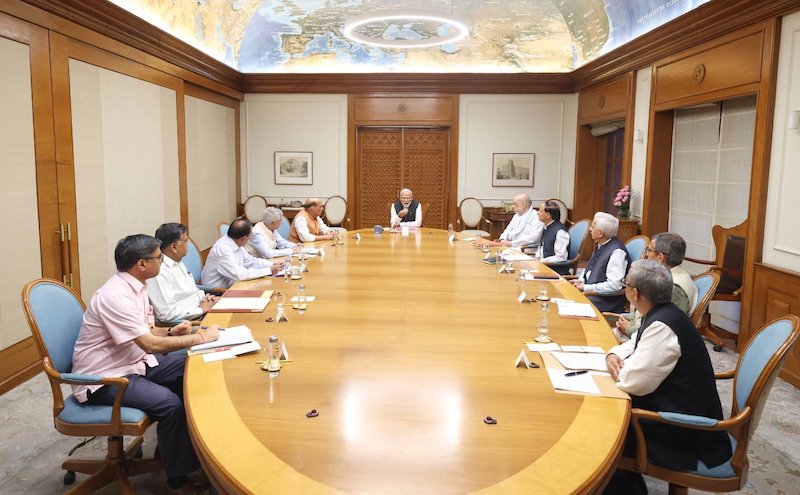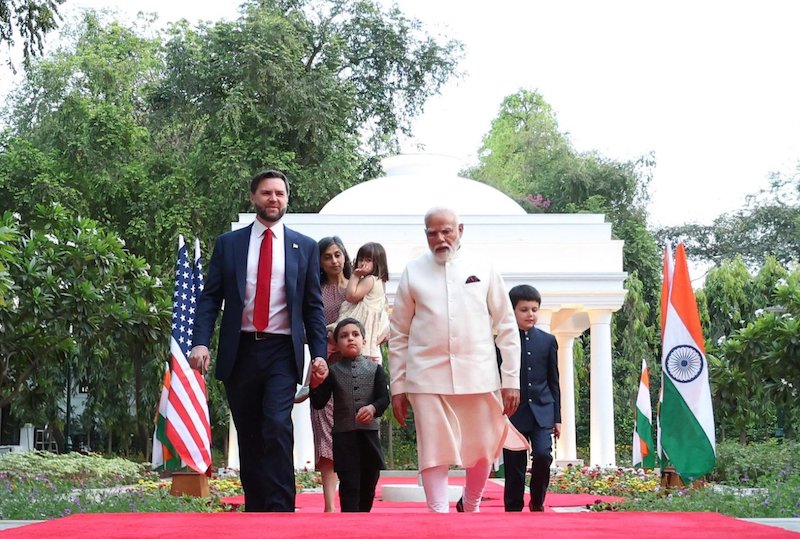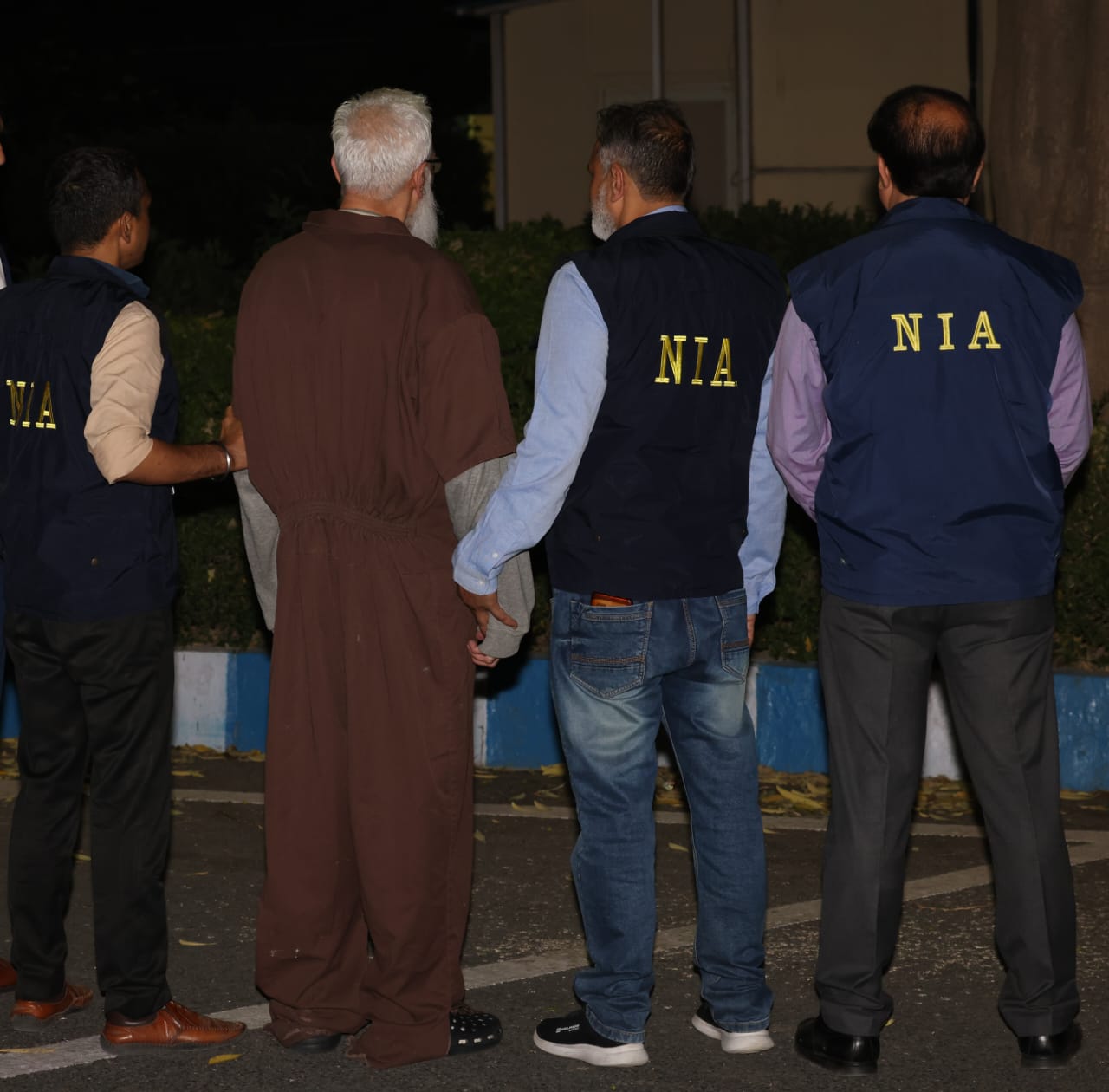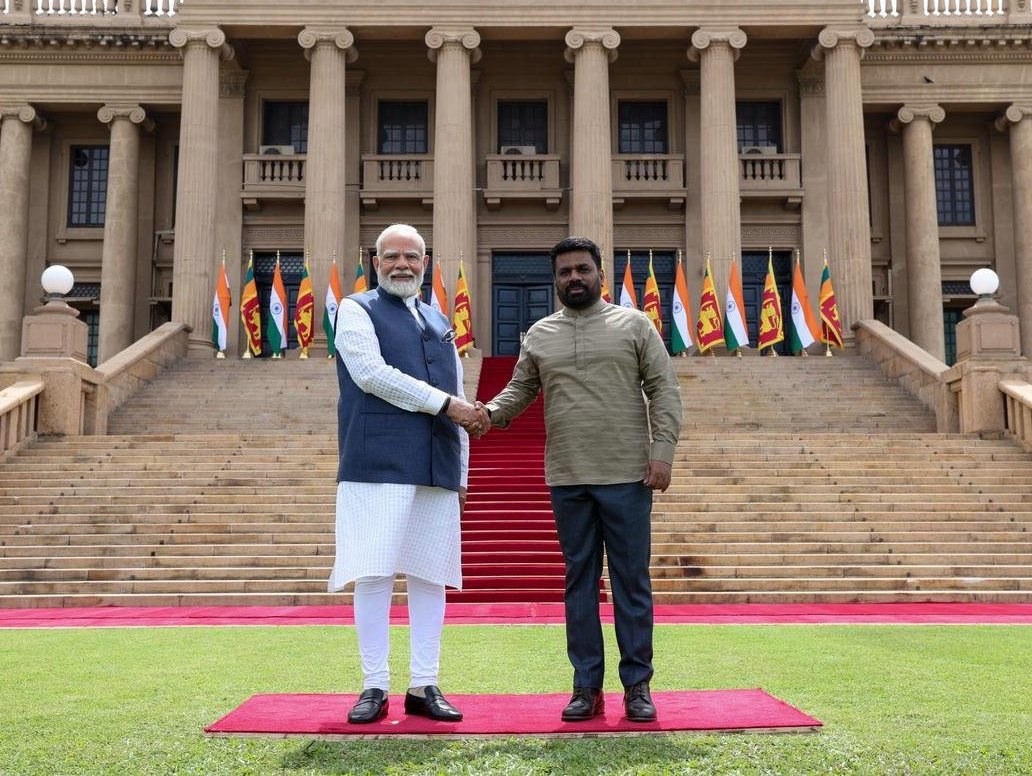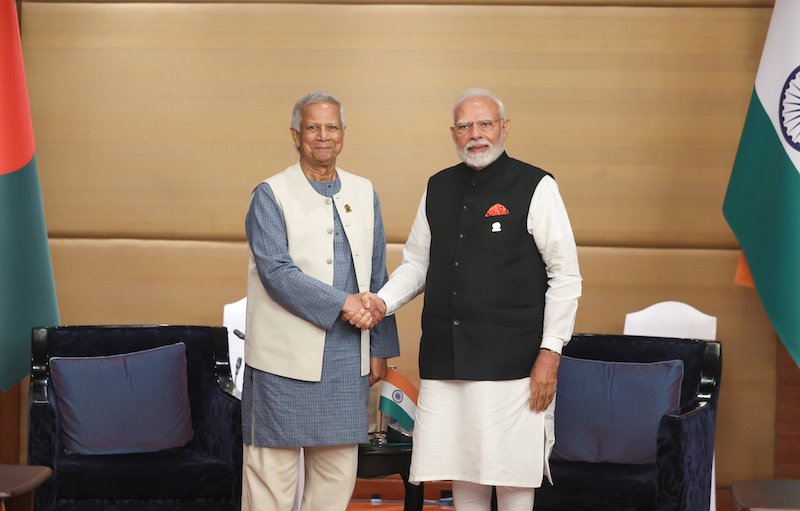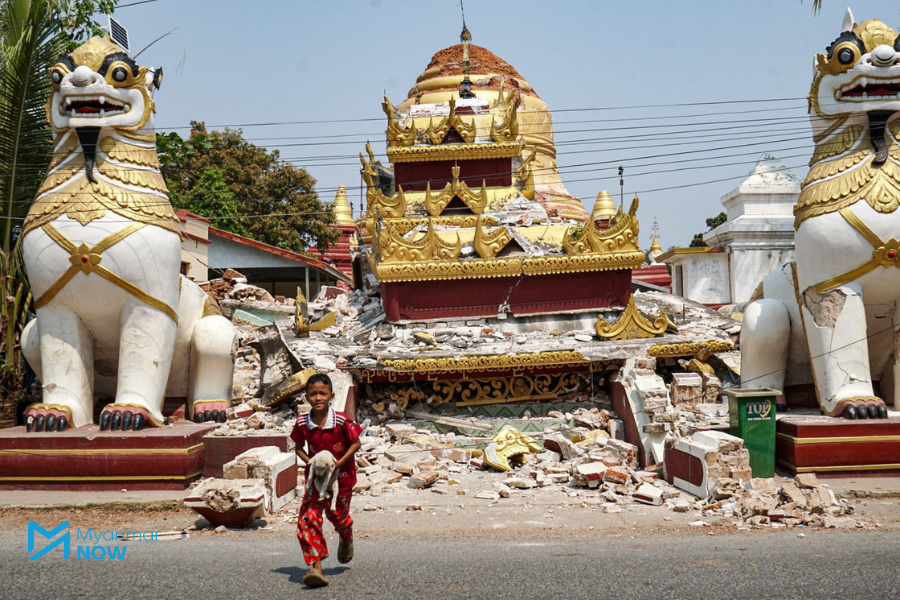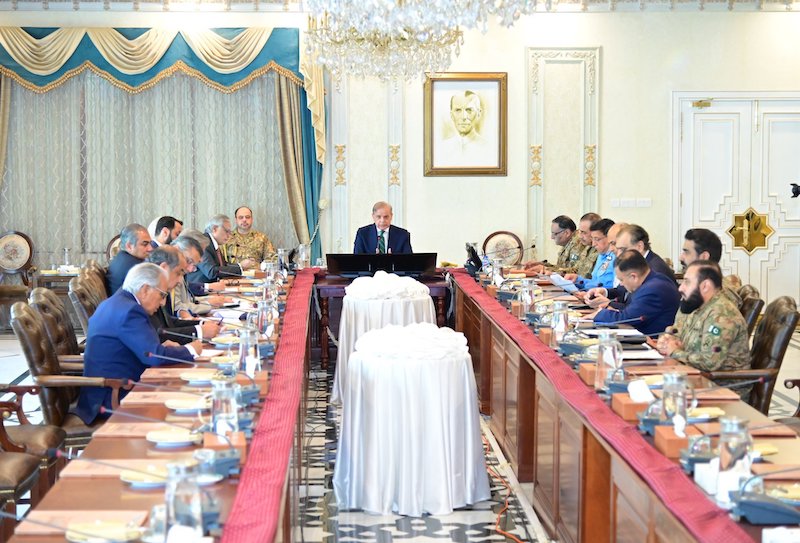 Pakistan PM Shehbaz Sharif holding a meeting of his country’s National Security Committee to discuss India’s response after Pahalgam terror attack. (Photo: X/@PakPMO)
Pakistan PM Shehbaz Sharif holding a meeting of his country’s National Security Committee to discuss India’s response after Pahalgam terror attack. (Photo: X/@PakPMO)
New Delhi: Pakistan has announced a series of retaliatory measures against India’s diplomatic and economic actions, which New Delhi took following the Pahalgam terror attack on Tuesday that claimed 28 Indian lives. The attack, which Indian intelligence has linked to Pakistan-based Lashkar-e-Taiba operatives, prompted India to take firm steps against Pakistan for its continued support of cross-border terrorism.
Meanwhile, addressing an election rally for his Bharatiya Janata Party in Bihar, the prime minister, Narendra Modi, vowed to pursue the perpetrators “to the ends of the Earth”. This comes after authorities identified two Pakistani nationals and one local Kashmiri among the attackers.
India’s initial response included suspending the Indus Waters Treaty, closing the Attari-Wagah border, halting visa services, and reducing diplomatic presence in Pakistan.
Pakistan’s Retaliatory Actions
Pakistan’s response was swift and comprehensive, mirroring many of the steps taken by India. Within hours of India’s announcement, Pakistan’s National Security Committee, chaired by the country’s prime minister, Shehbaz Sharif, convened an emergency meeting and described India’s actions as “unjustified attempts to deflect blame without evidence.”
Pakistan then moved to mirror and escalate tensions through several countermeasures. The following are the key measures Pakistan announced:
Visa Cancellations – Pakistan suspended all visas for Indian citizens under the SAARC Visa Exemption Scheme and ordered Indian nationals to leave within 48 hours, exempting only Sikh pilgrims. This hasty action has stranded numerous Indian visitors and business travellers.
Diplomatic Expulsions – Just as India did the previous day, Pakistan declared Indian defence, naval, and air advisors persona non grata, giving them until April 30, 2025, to leave. Pakistan also demanded the Indian high commission in Islamabad reduce its staff to 30 members.
Transport and Trade Blockade – Pakistan closed its airspace to all Indian aircraft, disrupting not only bilateral travel but also India’s connections to Central Asia and parts of Europe. The closure of the Attari-Wagah border has halted trade worth ₹39 billion, affecting Indian exporters who rely on the land route.
Threats Over Water Resources – In what Indian security analysts view as particularly alarming, Pakistan characterized any Indian actions regarding the Indus Waters Treaty as “an act of war” – language that Indian officials described as “unnecessarily provocative” given the circumstances.
India’s Response to Pakistan’s Actions
Indian commentators, serving and retired government officials, senior armed forces’ veterans, etc, almost agreed that Pakistan’s “knee-jerk reactions” demonstrate its unwillingness to address the core issue of terrorism emanating from its soil. Instead of cooperating in bringing the perpetrators to justice, Islamabad has chosen to escalate tensions through diplomatic and economic countermeasures, they said.
Indian security experts note that Pakistan’s rapid and comprehensive response suggests planning rather than a spontaneous reaction. “The speed and scope of Pakistan’s actions indicate they were prepared to implement these measures, possibly anticipating India’s response to the attack,” said a senior security analyst speaking on condition of anonymity.
Impact and Outlook
For India, the immediate challenge remains tracking down those responsible for the Pahalgam attack while managing the diplomatic fallout. Intelligence sources confirm that operations against terrorist networks continue, with heightened security across tourist destinations in Jammu & Kashmir.
The suspension of bilateral mechanisms has raised concerns about the potential for miscommunication during this sensitive period. However, Indian officials maintain that back-channel contacts remain operational to prevent any unintended escalation.
While international observers have called for restraint, India has made it clear that normalizing relations depends on Pakistan taking verifiable action against terrorist groups operating from its territory. “This pattern of attack and denial has continued for too long,” said a senior government official. “India’s patience is not unlimited.”

